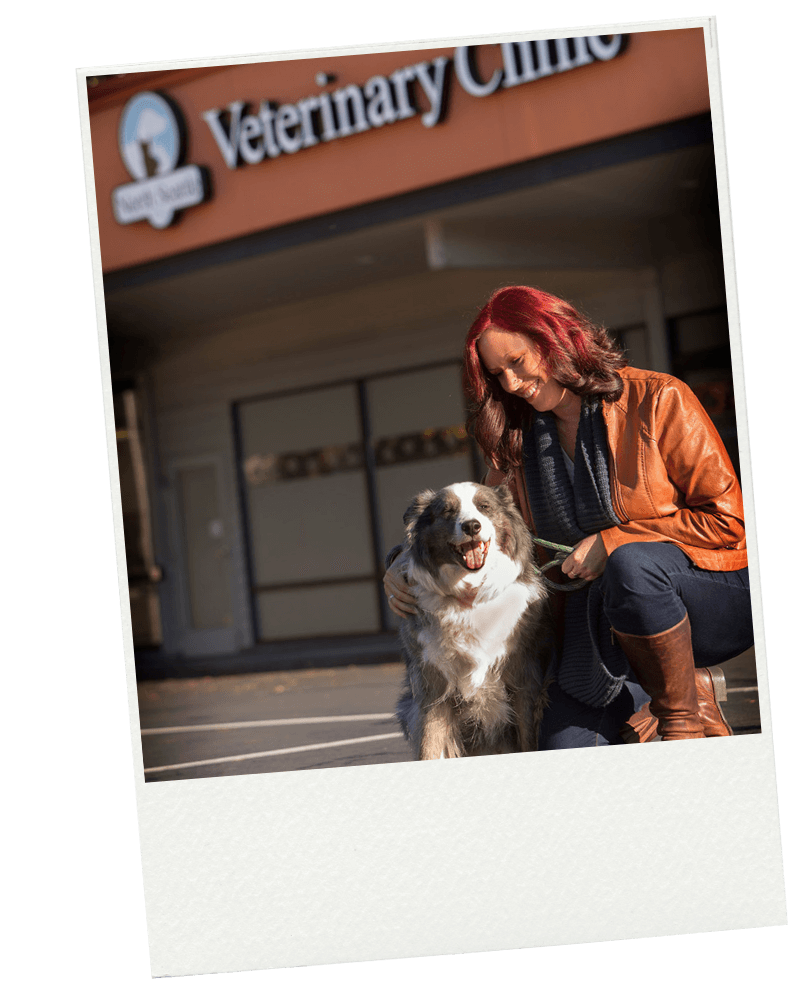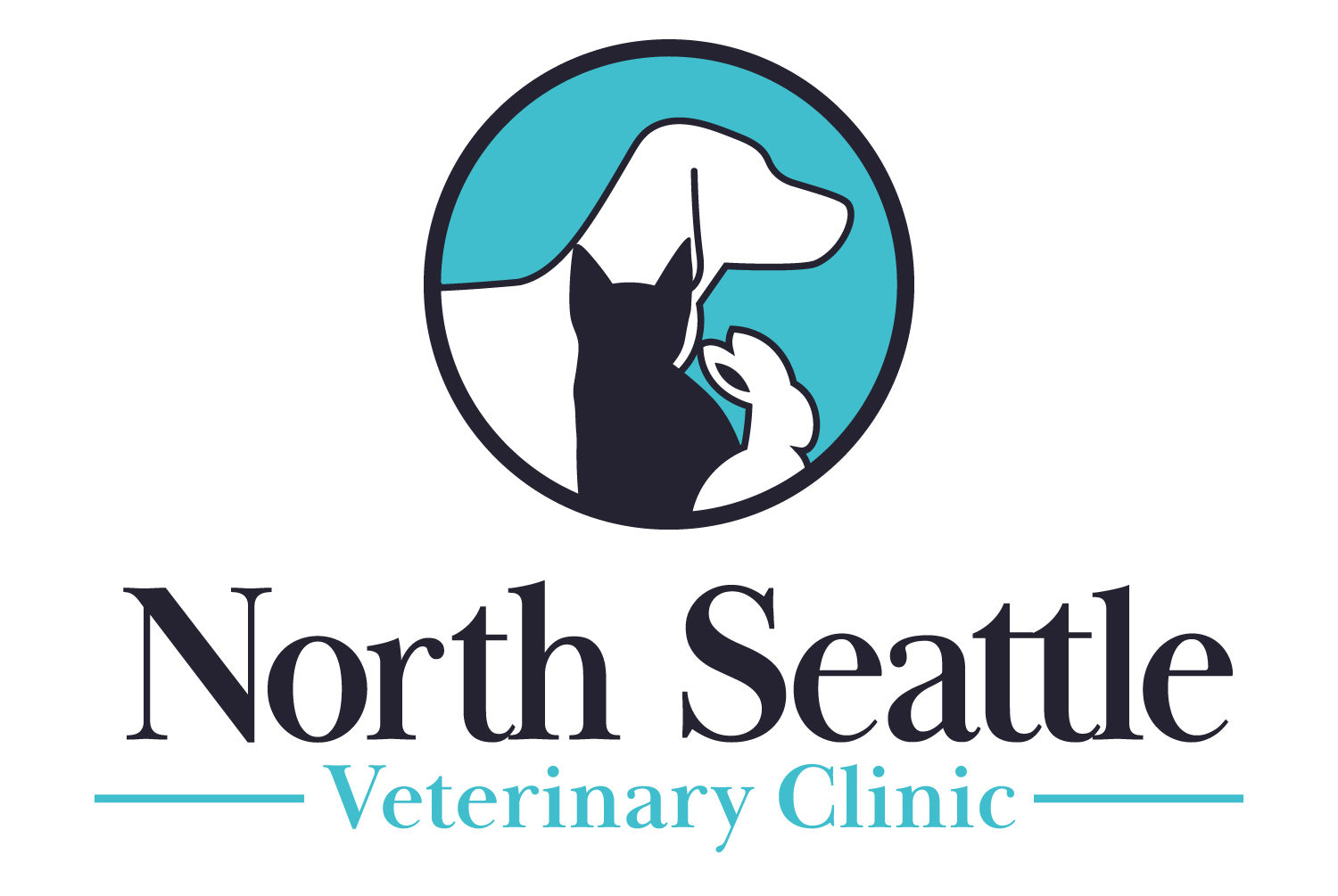Welcome to North Seattle Veterinary Clinic!
Partnering with families to provide quality care for their pets
Our team of licensed, experienced veterinarians cares for cats, dogs, rabbits, and pocket pets. We stay on top of the latest advances in veterinary technology and—above all—we make sure to treat all of our patients with loving care in every check-up, procedure, or surgery.

Why Choose Us
Our professional and courteous staff at North Seattle Veterinary Clinic seek to provide you with the best possible medical, surgical, and dental care for your beloved pets.

![[NSVC] Services donations](https://northseattlevet.com/wp-content/uploads/2022/03/NSVC-Services-donations.png)
Help Local Animals In Need
The Washington State Animal Health Foundation helps animals throughout the state by funding veterinary care and grants for disaster relief. Donate today by clicking the button below.
